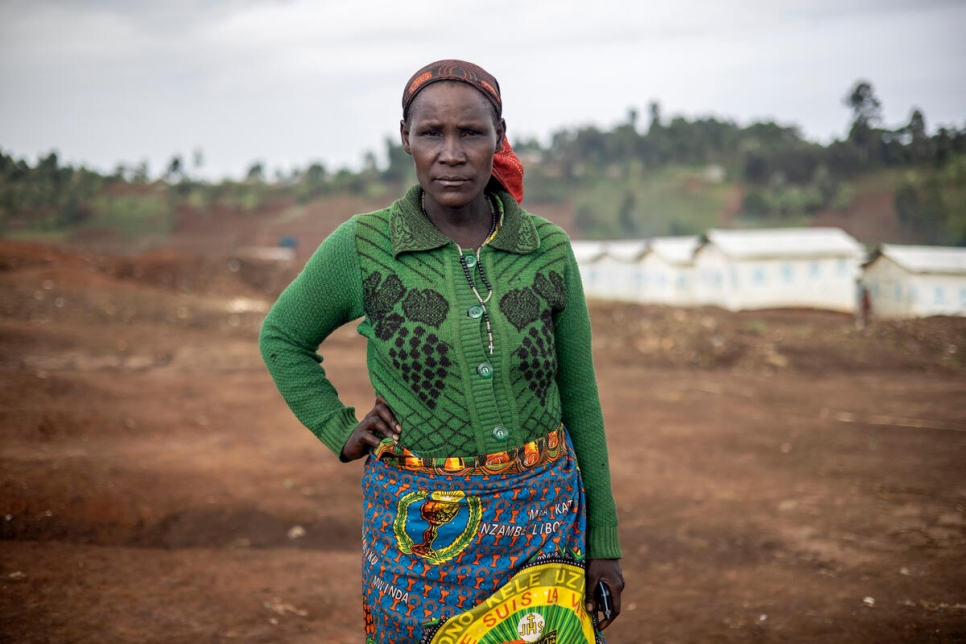DR Congo emergency
Nearly 5.8 million people need emergency assistance as a result of conflict in the Democratic Republic of the Congo.
The humanitarian situation continues to deteriorate in the eastern portion of the Democratic Republic of the Congo (DRC).
In January 2023 alone, more than 200 civilians were killed in Ituri Province in a series of attacks by non-state armed groups, which also destroyed 2,000 houses and closed or demolished 80 schools. At least 52,000 people were displaced in a province already hosting 1.5 million IDPs.
Meanwhile, in neighbouring North Kivu Province, a dramatic resurgence of attacks by armed groups began in March 2022, causing more than 521,000 people to flee. Some 120,000 people have moved to the relative safety of the outskirts of the provincial capital of Goma but remain in desperate need. In total, 2.2 million people are displaced in the conflict-torn province.
“We had a good life. There’s no way to go back home, everything has been destroyed. All I’m asking for is peace.”
Alphonsine, displaced by violence in Ituri Province, eastern DRC.
The risk of further displacement is high, as conflicts affect many areas. Protection needs are enormous and increasing as levels of forced displacement continue to grow.
According to the 2022 Humanitarian Needs Overview, no improvement in the humanitarian situation is expected in 2023 and 2024. The humanitarian community will concentrate its efforts on the areas where the highest levels of vulnerability exist, specifically in the provinces of Ituri, North Kivu, South Kivu and Tanganyika.
What is UNHCR doing to help?
Amidst this insecurity, UNHCR and partners continue to deliver life-saving assistance to displaced populations. UNHCR leads the Clusters that are responsible for Shelter, Protection and Camp Coordination and Camp Management (CCCM), which provide critical services to vulnerable populations.
The Shelter and Non-Food Item Cluster covers essentials like tarpaulin-walled shelters, blankets, cooking pots and menstrual hygiene kits for women and girls who are the majority of the targeted beneficiary group.
The Protection Cluster improves access to protection services with a particular emphasis on the needs of vulnerable groups, such as women, children, the elderly and people with specific needs. The main interventions include monitoring and analysis of the protection situation; profiling and mapping exercises in areas of new displacement to identify the most urgent needs; psychosocial assistance (including cash for protection), legal or judicial accompaniment; and strengthening peaceful cohabitation and social cohesion.
By the end of 2022, there were 122 sites for internally displaced people in Tanganyika, South Kivu, North Kivu, and Ituri, coordinated through the CCCM cluster under the co-leadership of UNHCR and the International Organization for Migration. Recognizing that the sites option should remain the last resort, the CCCM Cluster also works to strengthen the coordination and management of more than 80 communal shelters - such as those in football stadiums, churches, and schools).
The delivery of this emergency assistance continues despite severe underfunding in the DRC. For 2023, UNHCR is asking for US$233 million to assist both IDPs and refugees in the DRC.
For all updated reports and further information on the DRC, please visit our Data Portal. You can also read the latest external updates on our Global Focus page.

